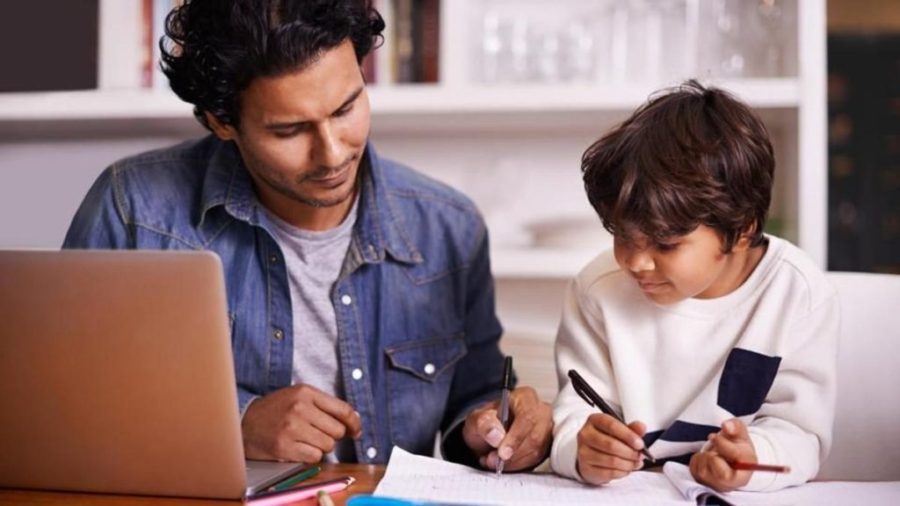
Muslim children in England are taught to invest from the Koranic stories
The new book, based on Quranic stories, will teach children to invest in the future, postpone pleasure and donate to charity, while not going beyond what is allowed in Islam, according to Arab News.
Although the UK has one of the highest rates of financial literacy in the world, there are significant differences among Britons in the level of understanding of how best to manage their finances. A poll by Ipsos Mori in September found that the UK’s most economically disadvantaged areas also have the lowest levels of financial literacy.
For the UK’s millions of Muslims , 46% of whom live in the 10% most disadvantaged areas of the country, this represents another barrier to social mobility.
That’s why Wahed, an investment advisory firm for Islamic finance, partnered with Learning Roots to create The Amazing Investment of the Prophet Yusuf, a free online children’s book that calls itself “The First Guide to Halal Investing for Kids”.

“The Amazing Investment of the Prophet Yusuf” is a free online children’s book that calls itself “The First Guide for Children on Halal Investing” / Source: facebook.com
Based on the Quranic story of the Prophet Yusuf (peace be upon him), who encouraged his congregation to save in prosperous years to prepare for years of hardship, the book teaches children the concepts of planning for the future, delayed pleasure, and how to grow wealth without going beyond halal. It says: “Most investments take time to mature. Therefore, the earlier you start, the more income your investment will bring over a long period of time. “
As the head of Wahed, Umar Suleman, says, the book does not teach children which financial products or stocks are best to choose, but outlines the fundamental concepts that underlie good financial management. This is done in a fun and approachable way.

Source: riceshomall.ir
“We teach children to be patient, to understand what they have now and what they may or may not have tomorrow. If you look at groups that are on the low level of the socioeconomic ladder or are poor, you will find a direct relationship between their socioeconomic level and their level of financial literacy. It concerns even knowledge of such basic things as economy, taxation and planning, ”says Umar Suleman.
He added that the book also teaches young Muslims how to interact with the mainstream financial system, which does not always meet Islamic values, while increasing their incomes. “ Muslims should be able to invest their funds in a way that does not conflict with their religious beliefs, and they can feel comfortable using their finances for good … There is a direct link between mental and financial well-being. If people are unable to effectively manage their finances or get out of debt, it can lead to depression. This is especially true in the era of COVID-19, ”says Umar Suleman.
Islamosphere

